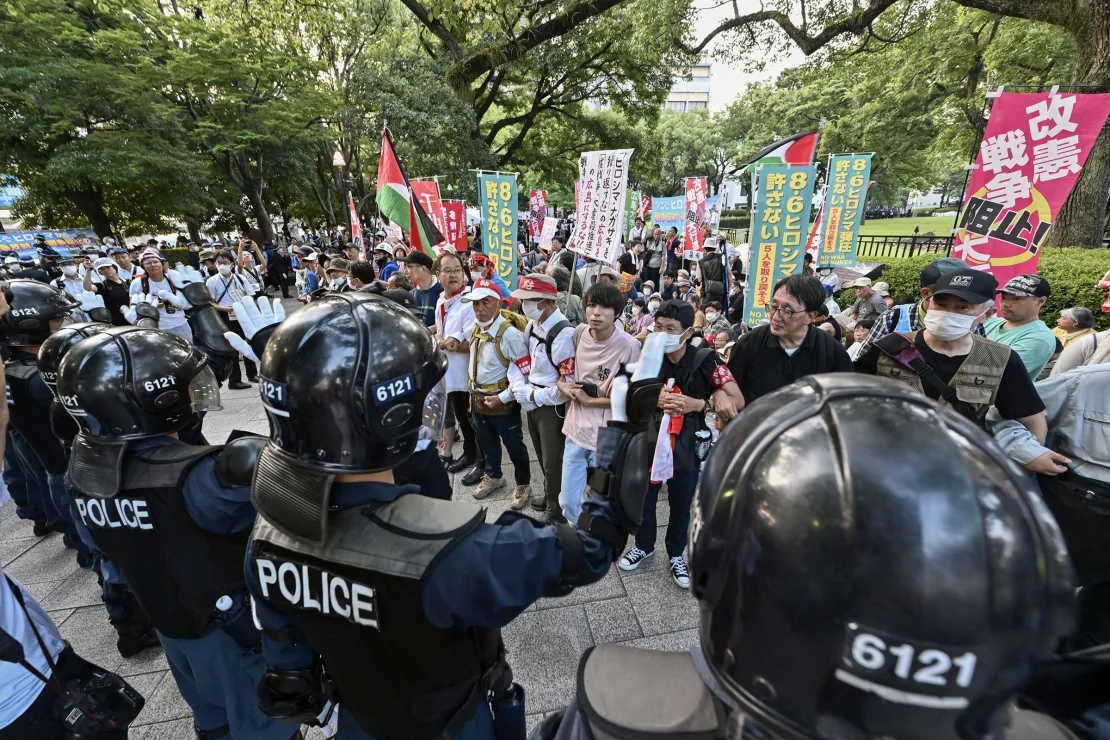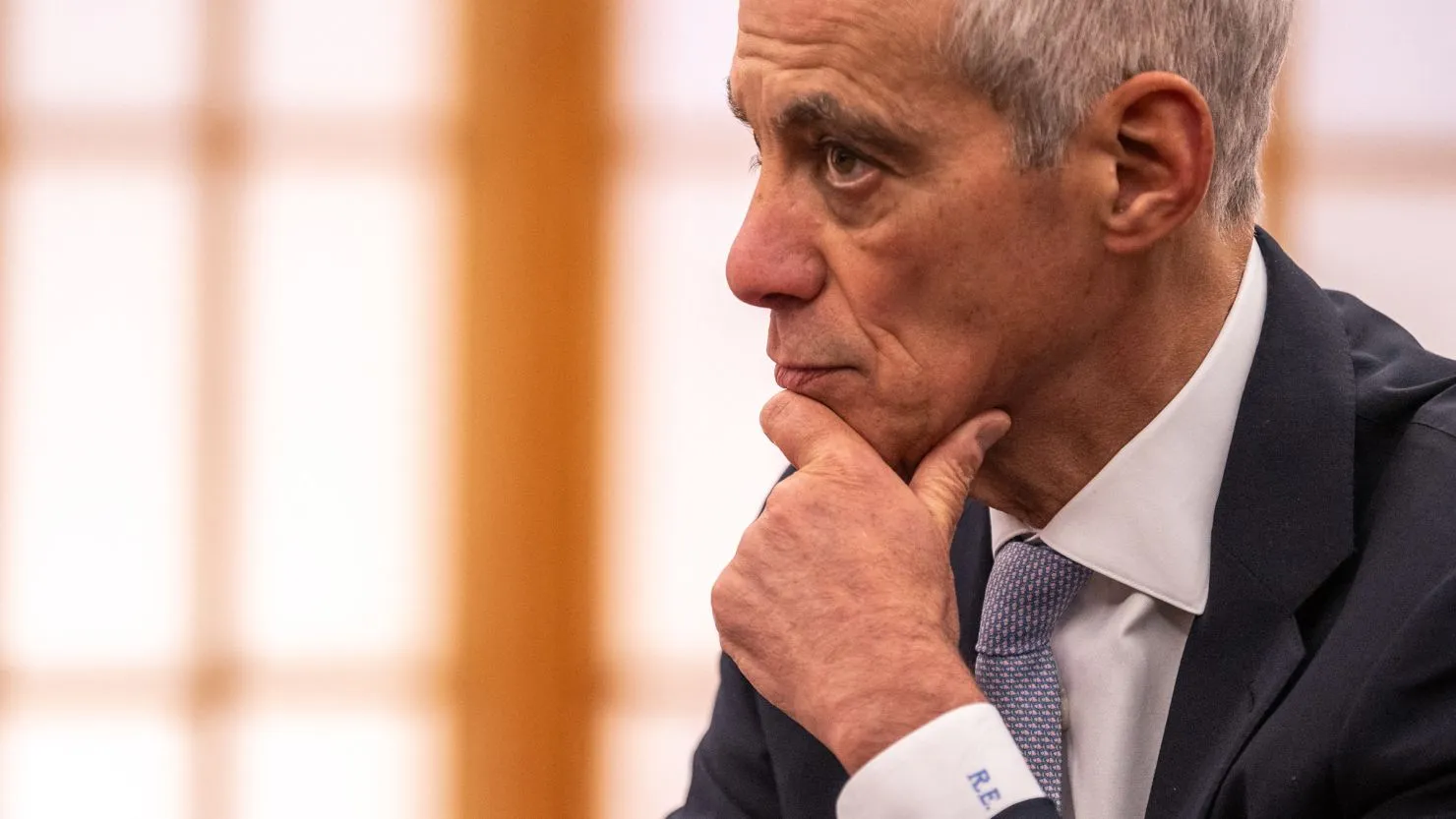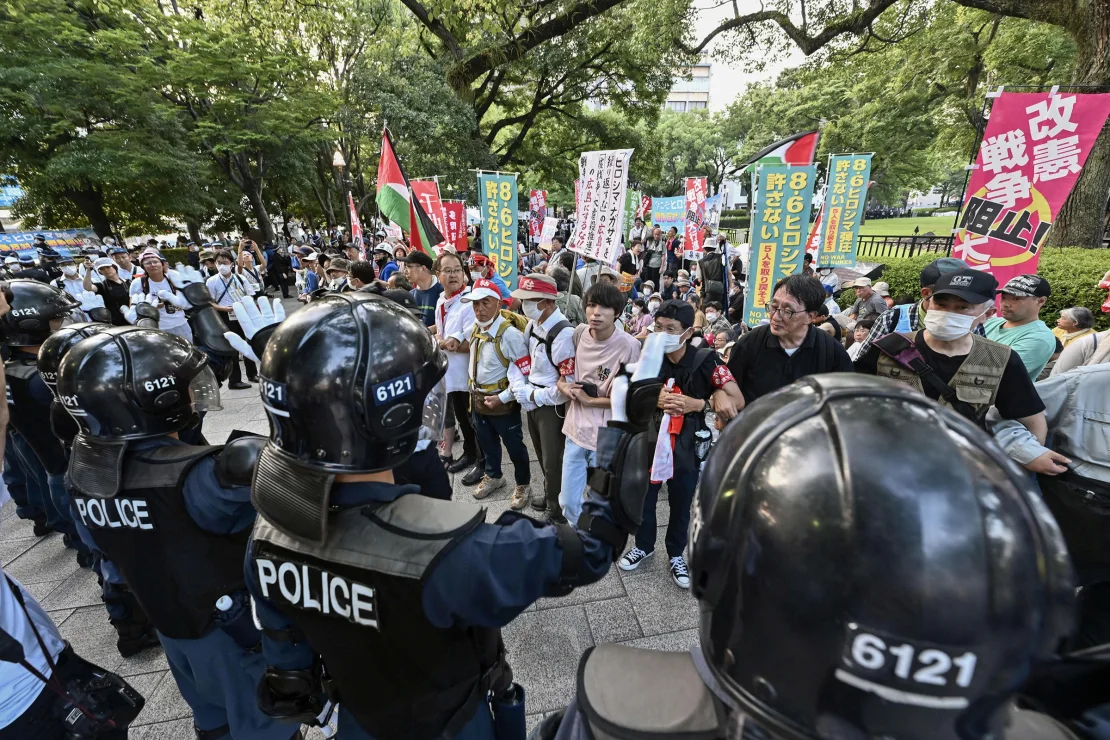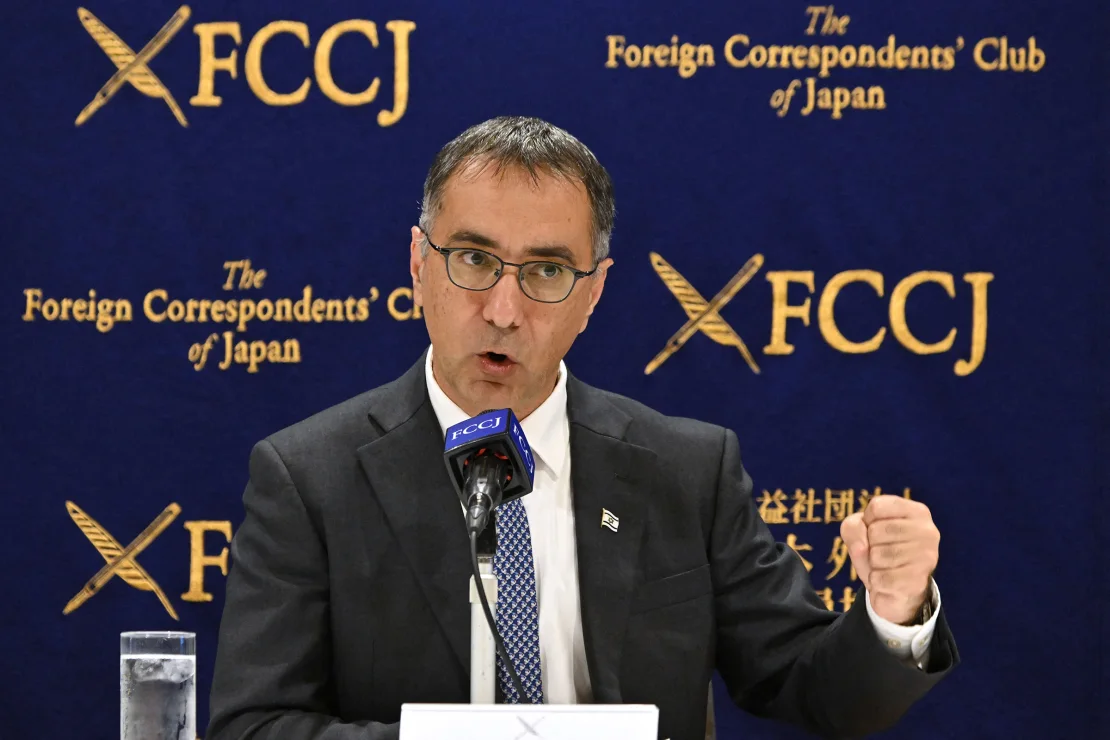
US Ambassador Rahm Emanuel Skips Nagasaki Peace Ceremony Due to Israel’s Exclusion

US Ambassador to Japan, Rahm Emanuel, has made the decision to skip the upcoming Nagasaki peace ceremony after Israel was excluded from this year’s event. The ceremony, which marks the anniversary of the 1945 atomic bombing, will take place at Nagasaki Peace Park on Friday, with diplomats from over 100 countries in attendance.
Israel Excluded from Nagasaki Ceremony
The exclusion of Israel was announced by Nagasaki Mayor Shiro Suzuki, who cited security concerns as the reason. This decision has caused controversy, particularly among Western nations. Ambassadors from France, Germany, Italy, the United States, and other nations expressed their concerns in a joint letter, warning that Israel’s exclusion could impact their own participation.
Response from the US and Other Nations
In light of Israel’s exclusion, Ambassador Emanuel decided not to attend the ceremony. Instead, he will participate in a peace event at Zojoji Temple in Tokyo and hold a moment of silence at the US Embassy. Similarly, the ambassadors of Britain, Germany, and Italy have also decided to skip the Nagasaki event, reinforcing the diplomatic ripple effect of Israel’s exclusion.

Hiroshima’s Different Approach
This situation contrasts with the peace ceremony in Hiroshima earlier this week, where Israel’s ambassador to Japan, Gilad Cohen, was invited, despite facing protests from pro-Palestinian groups. Activists and bomb survivor groups had urged both Hiroshima and Nagasaki to exclude Israel due to its actions in Gaza, where many Palestinians have died in ongoing conflicts.
Political Implications and Security Concerns
Ambassador Emanuel criticized the decision to exclude Israel, describing it as politically motivated. However, Mayor Suzuki has denied that the move was political, emphasizing that the exclusion was made to ensure the ceremony could proceed peacefully. Despite this, the absence of several key ambassadors, including Emanuel, highlights the broader geopolitical implications of the decision.

Conclusion
The Nagasaki peace ceremony is a significant event, honoring the memory of those who died in the atomic bombings of 1945. However, this year’s ceremony has been overshadowed by diplomatic tensions, with Israel’s exclusion sparking a broader debate about politics, security, and the purpose of such memorials. While the US will still be represented by the Principal Officer of the Fukuoka Consulate, the absence of high-level diplomats underscores the international complexities surrounding this year’s event.



